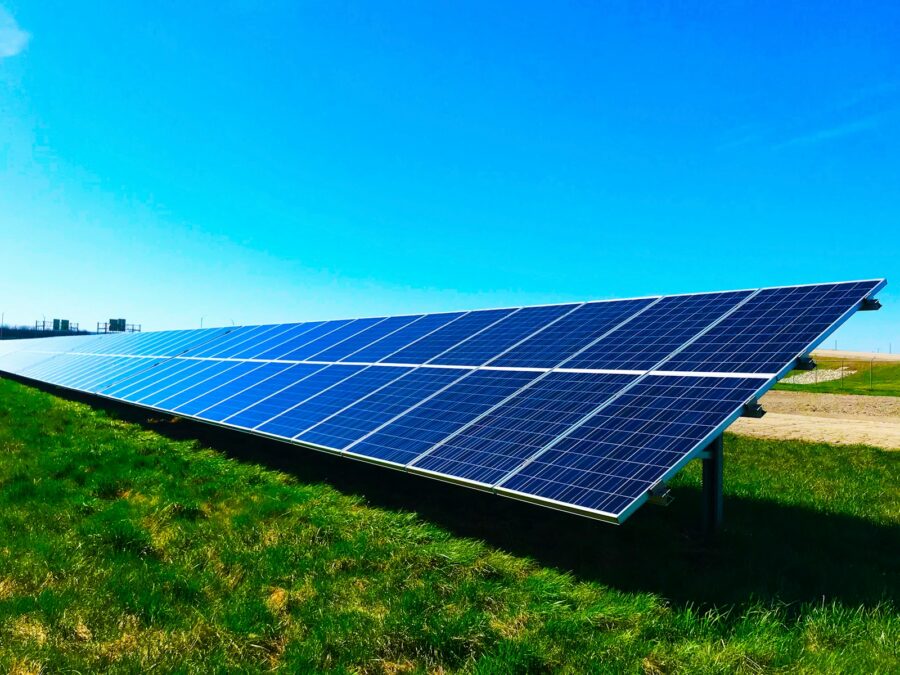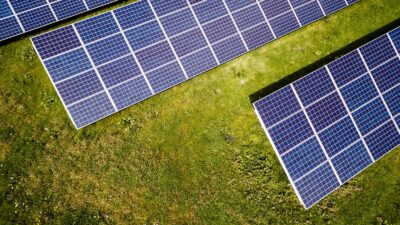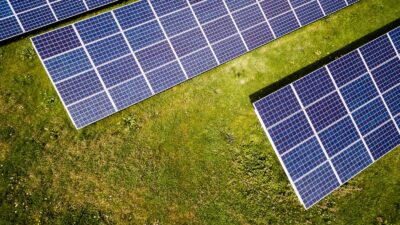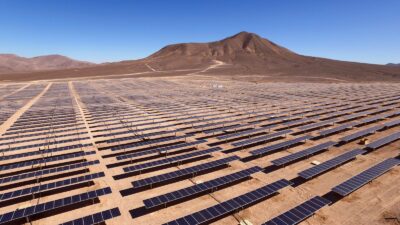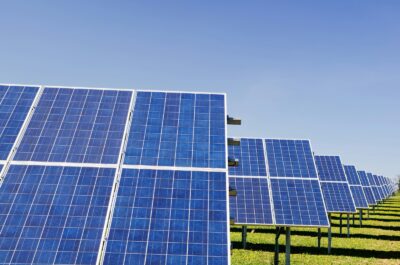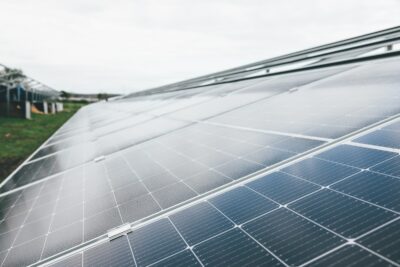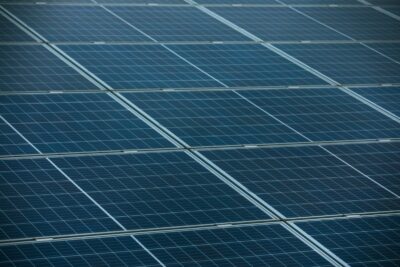Revolutionizing Solar Energy Systems through Machine Learning
Machine learning is at the forefront of enhancing the efficiency of solar energy systems, offering sophisticated prediction models that optimize energy production and distribution. In progressive regions such as Saudi Arabia and the UAE, known for their significant investments in renewable energy, machine learning technologies are proving indispensable. Cities like Riyadh and Dubai are integrating machine learning algorithms to forecast solar energy production accurately, manage energy distribution efficiently, and ultimately, improve the overall reliability of solar energy systems. This proactive approach not only maximizes energy output but also contributes to the sustainability goals of these nations.
Machine learning models analyze historical weather data, solar irradiance patterns, and other environmental factors to predict solar energy production with high accuracy. This predictive capability is crucial for anticipating fluctuations in solar energy output due to changing weather conditions. By leveraging machine learning, solar energy systems can adjust their operations in real-time, ensuring a stable energy supply. In regions like Saudi Arabia and the UAE, where sunny days are abundant but occasional sandstorms can disrupt solar energy production, such predictive models are essential for maintaining consistent energy flow.
Optimizing Energy Distribution with Machine Learning
Beyond predicting energy production, machine learning plays a vital role in optimizing the distribution of solar energy within smart grids. In smart cities like Riyadh and Dubai, where the integration of renewable energy sources is a priority, machine learning algorithms help balance energy supply and demand. These algorithms analyze real-time data from various sources, including weather forecasts, energy consumption patterns, and grid conditions, to optimize energy distribution dynamically. This ensures that solar energy is utilized efficiently, reducing waste and enhancing the reliability of the grid.
Machine learning also supports the development of decentralized energy systems, such as microgrids, which can operate independently or in conjunction with the main power grid. By managing the distribution of solar energy within microgrids, machine learning enhances energy resilience and reduces dependency on centralized power sources. This is particularly beneficial in remote or underserved areas of Saudi Arabia and the UAE, where extending the main power grid may be impractical or costly. Decentralized systems, optimized by machine learning, provide reliable and sustainable energy solutions for these communities.
Advancing Solar Energy Research and Innovation
The application of machine learning in solar energy systems is also driving significant advancements in research and innovation. By analyzing vast amounts of data from solar installations worldwide, machine learning models can uncover new insights into the factors influencing solar energy production and efficiency. This data-driven approach accelerates the development of new technologies and materials that can further enhance the performance of solar panels and systems. In the UAE and Saudi Arabia, where substantial investments are being made in renewable energy research, machine learning is a key enabler of innovation.
Machine learning also supports the design and optimization of new solar energy projects. By simulating different scenarios and assessing their potential outcomes, these models help engineers and planners identify the most efficient and cost-effective solutions. This capability is particularly valuable in large-scale projects like Saudi Arabia’s King Abdullah City for Atomic and Renewable Energy and the UAE’s Mohammed bin Rashid Al Maktoum Solar Park. By optimizing design and operational strategies, machine learning ensures that these projects deliver maximum energy output and economic benefits.
In conclusion, machine learning is transforming the solar energy landscape in Saudi Arabia, the UAE, and beyond. By providing accurate predictions, optimizing energy distribution, and driving innovation, machine learning enhances the efficiency and reliability of solar energy systems. As these technologies continue to evolve, they will play an increasingly critical role in advancing the global transition to sustainable energy. For business executives, mid-level managers, and entrepreneurs, understanding and leveraging the power of machine learning in solar energy can unlock new opportunities for growth and sustainability.
#MachineLearning #SolarEnergy #RenewableEnergy #EnergyEfficiency #SaudiArabia #UAE #Riyadh #Dubai #SmartGrids #SustainableEnergy #DataAnalytics #EnergyInnovation

